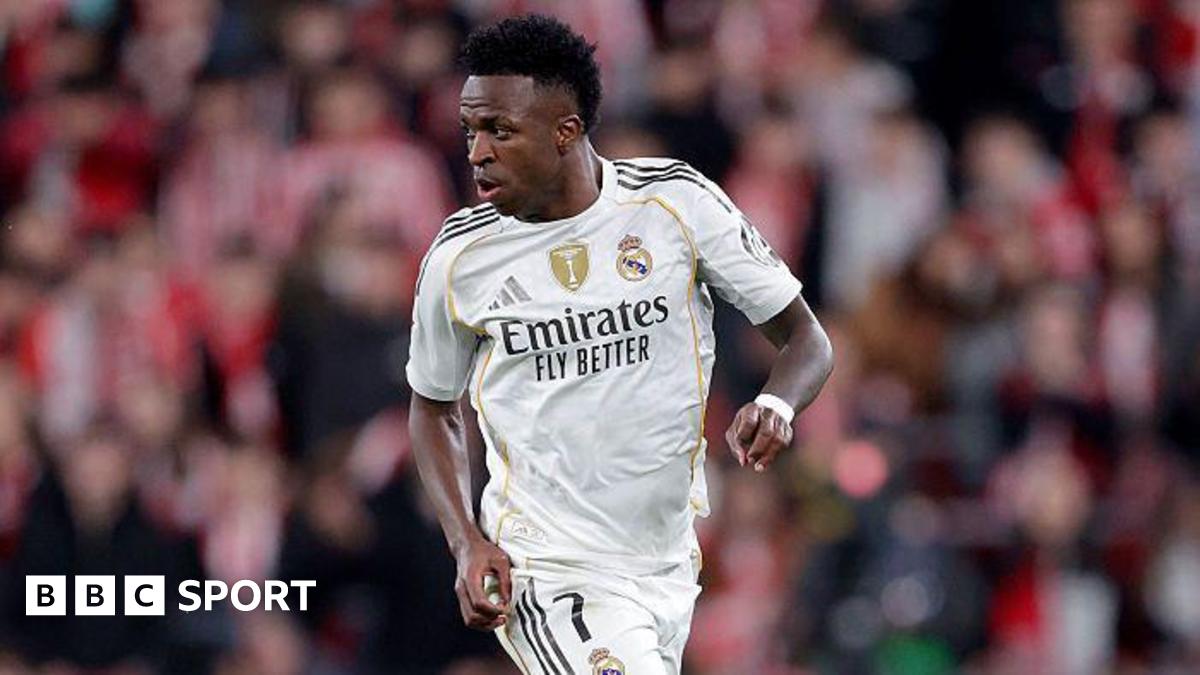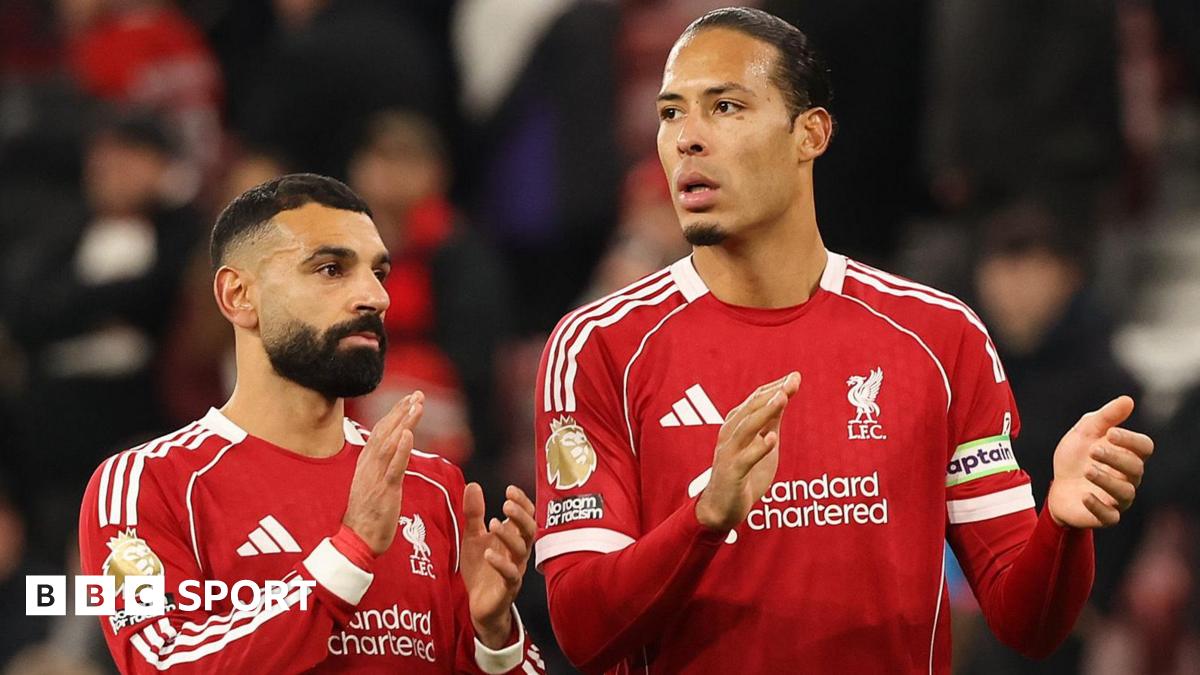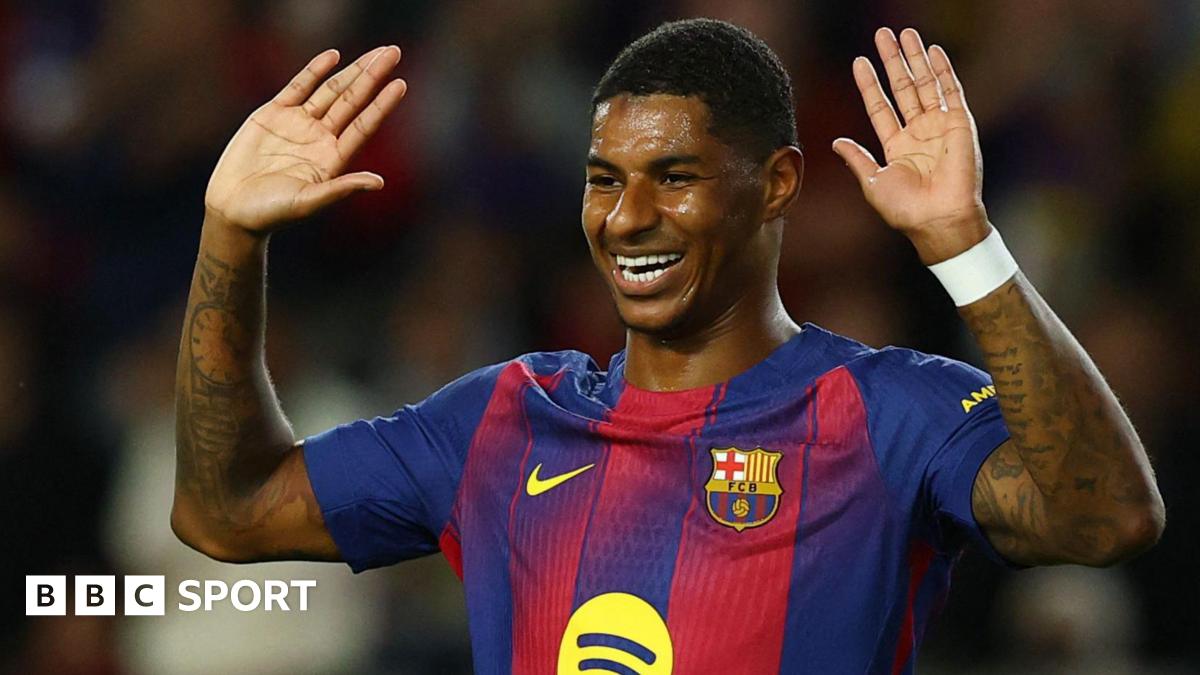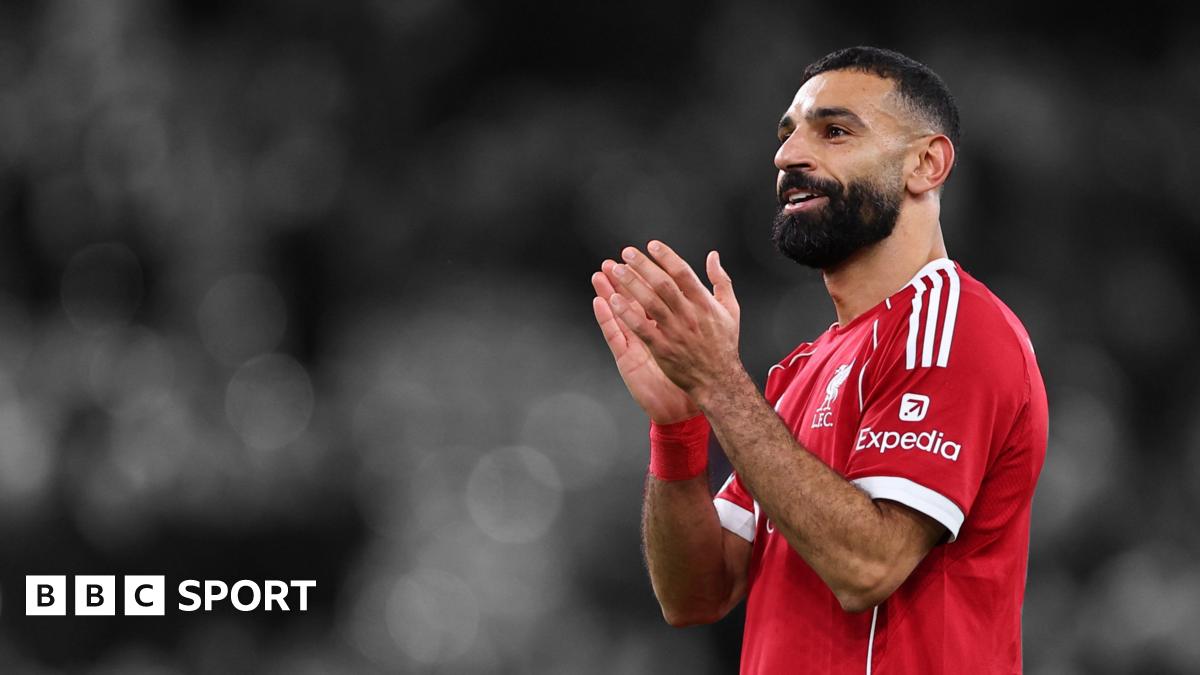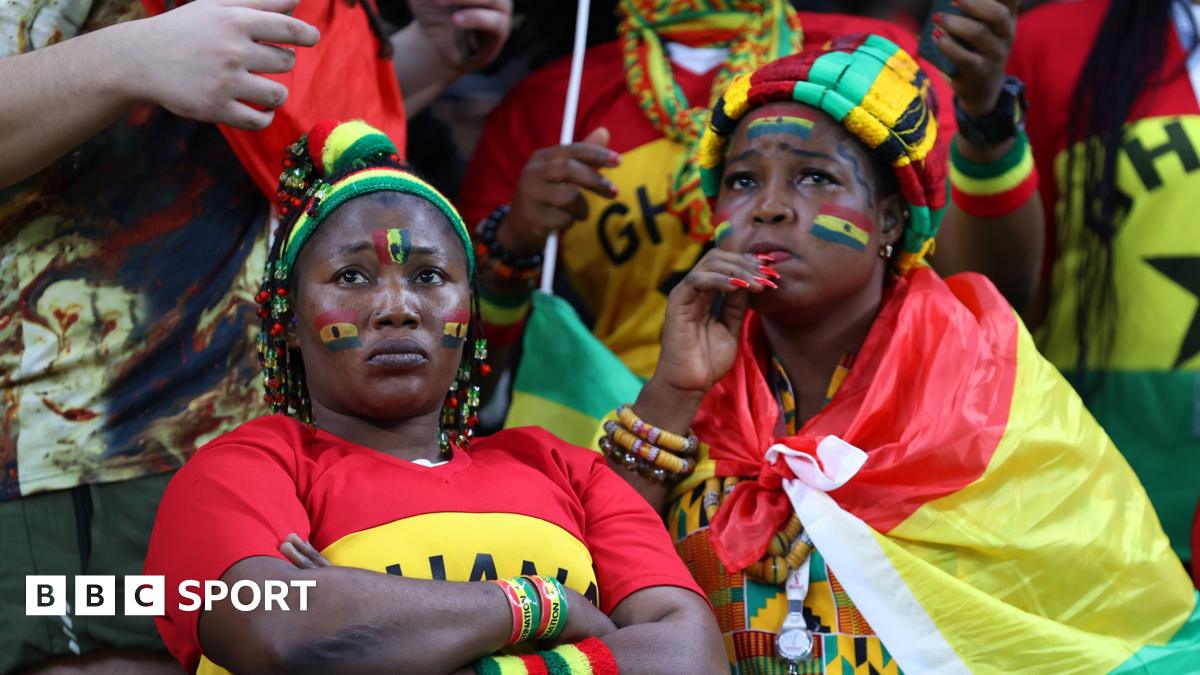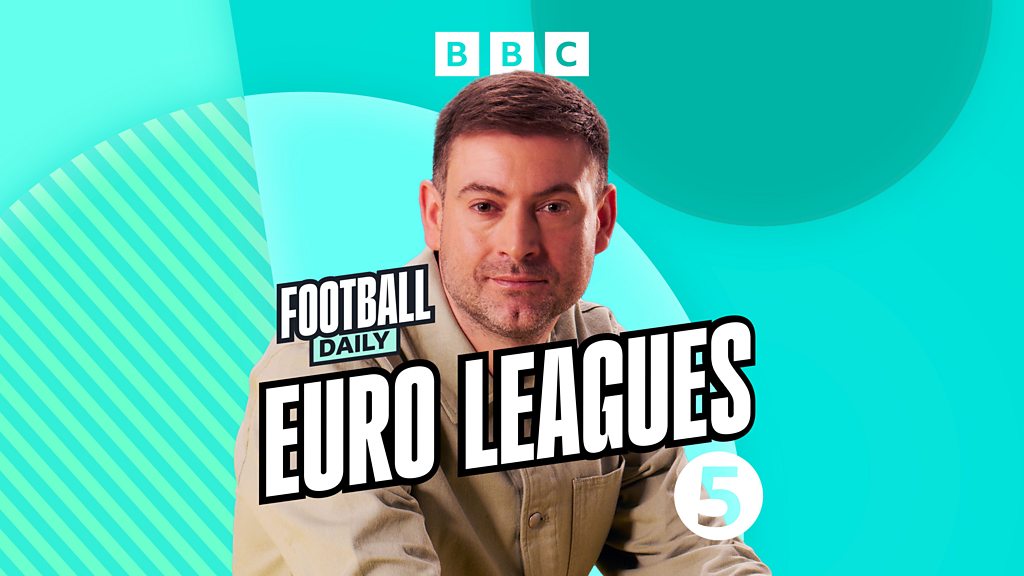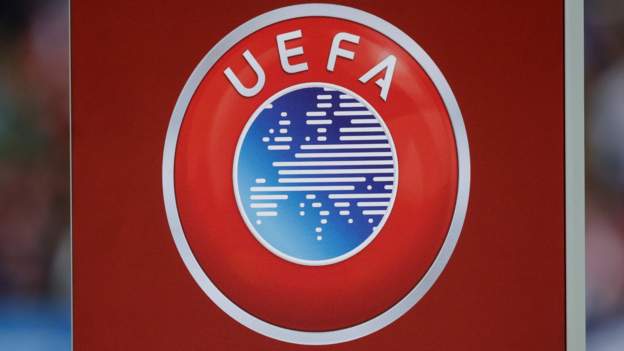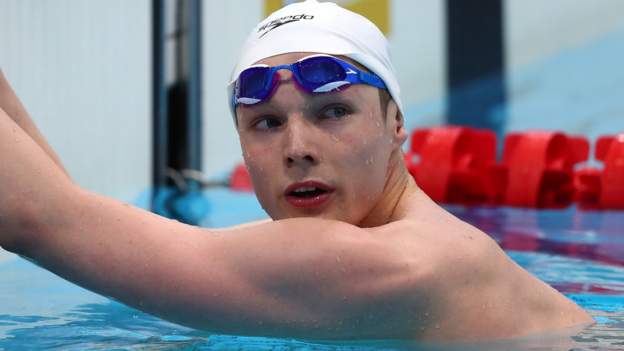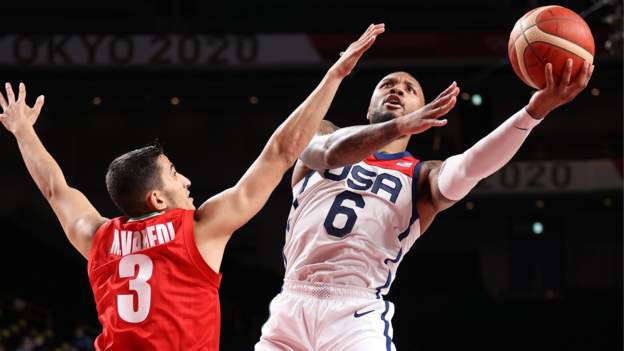Senior Uefa figures are furious that 11 major European clubs, including five from England, have signed up to a breakaway European Super League.
BBC Sport was told last week of plans for some sort of confirmation about a European Super League.
Uefa hoped to head off plans with a new-look 36-team Champions League set to be confirmed on Monday.
Uefa said it will use “all measures available” to stop the “cynical project” of a breakaway Super League.
The European governing body released a joint statement together with the English Football Association, Premier League Spanish Football Federation (RFEF), La Liga, and the Italian Football Federation (FIGC) as well as Serie A on Sunday.
They said they will “remain united” in trying to stop the breakaway, using both judicial and sporting measures if required.
They also reiterated Fifa’s stance that players taking part in the Super League would be banned from all other competitions at domestic, European or world level and could be prevented from representing their national teams.
In a separate statement, the Premier League said it condemned the proposal as it “attacks the principles of open competition and sporting merit which are at the heart” of domestic and European football.
Juventus owner Andrea Agnelli, Manchester United executive vice-chairman Ed Woodward and AC Milan chief executive Ivan Gazidis would all have had a significant input into the Champions League discussions on Friday.
However, it appears those clubs are among those to have broken ranks, to the fury of Uefa, whose president Aleksander Ceferin wanted to stave off a Super League threat.
Spanish La Liga sides Real Madrid, Barcelona and Atletico Madrid are also part of the 11-team group, as are Italian Serie A club Inter Milan.
None of the clubs concerned have responded to questions about the proposals.
The Premier League said a European Super League would “destroy” the dream of fans that “their team may climb to the top and play against the best”.
It added such a league would “undermine the appeal of the whole game” and that they would work with the FA, the English Football League, Professional Footballers’ Association, League Managers Association and fans to “defend the integrity and future prospects of English football”.
The FA said it will “not provide permission to any competition that would be damaging to English football” and will “take any legal and/or regulatory action necessary” to stop it.
Bundesliga sides are opposed to the plans because the German model means commercial investors cannot have more than a 49% stake in clubs, so fans hold a majority of their own voting rights.
It is understood French Ligue 1 side Paris St-Germain are not part of the 11-team group.
Uefa said it thanked “those clubs in other countries, especially the French and German clubs, who have refused to sign up” to the breakaway league.
“We call on all lovers of football, supporters and politicians, to join us in fighting against such a project if it were to be announced,” they added.
“This persistent self-interest of a few has been going on for too long. Enough is enough.”
Quite when the European Super League would start is unclear.
However, world governing body Fifa has already said it would not recognise such a competition and any players involved in it would be denied the chance to play at a World Cup.
Serie A have called an emergency board meeting to discuss the matter.
The Football Supporters’ Association said it is “totally opposed” to the plans, which it said were “motivated by nothing but cynical greed”.
They added: “This competition is being created behind our backs by billionaire club owners who have zero regard for the game’s traditions and continue to treat football as their personal fiefdom.”
It has been agreed the new-look Champions League will involve an initial phase where every club plays 10 matches each rather than the current group phase.
In addition there would be play-offs, followed by a knockout phase.
The most controversial aspect of the proposals surround the allocation of the four additional places, with two being reserved for the clubs ranked highest in Uefa’s co-efficient table who fail to qualify for the Champions League through their domestic competition, but do secure some kind of European football.
At the moment, Liverpool and Chelsea would be the clubs who benefited from that system if it was in place this season.

